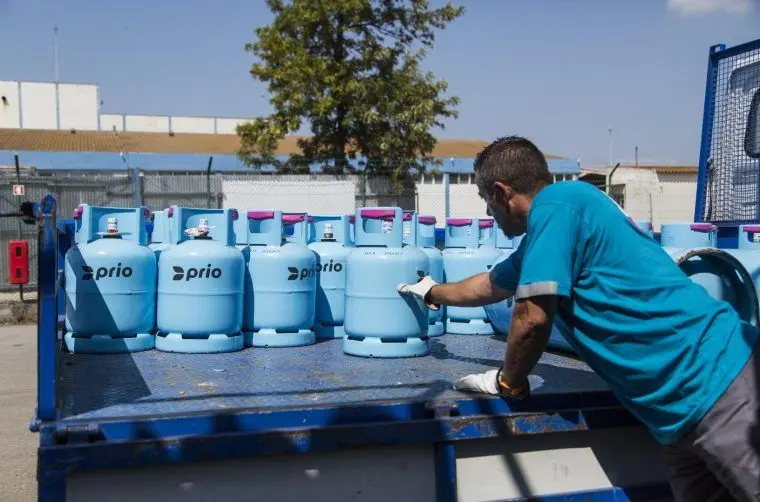How Sant Joan de Déu consistently saves time and KM in home care
A recent article in the important Frontiers magazine has demonstrated how the use of Routal — Planner allows home care teams to save daily planning time, KM and emissions with a simple 30-minute training. The bottom line is that teams can focus on solving more important problems than route planning.

An operational need
The home care division of Hospital San Juan de Dios has refined its logistical infrastructure to meet the operational demands of the unit. Committed to replicating the quality of hospital care in the patient’s home environment, optimizing the logistics of home visits has become an absolute priority. This ensures optimal time allocation for each patient, regardless of the number of hospitalized patients, whether it be 5, 10, 20, or more in the future. The initial pilot project revealed significant challenges in logistical coordination between teams and in scheduling visits, leading to a search for the best way to standardize and optimize these processes.
Business Objectives
- Reduce planning time
- Enable any team member to perform efficient planning
- Ensure visit times for each patient
- Provide visibility to patients about the arrival of their caregivers
The result of a good process
The implementation of an automated route planning system has standardized the process of planning home visits. Now, each member of our medical team has the ability to efficiently coordinate home care routes and proactively anticipate any setbacks that may affect the punctuality of our visits.
The story behind the project
SJD a Casa started as a pilot project in 2019 with great acceptance from families and healthcare professionals, bringing the same treatments and care to the patient’s home as in the hospital. This project began with many uncertainties, and as it progressed, essential improvement points were identified to maintain the unit and make it grow to become a global reference in home care.
Before vs After
Before




After






Results and goals achieved
Home care staff were initially very reluctant to use technology. They were able not only to test but also to scientifically demonstrate how the use of Routal technology (formerly SmartMonkey) was not only convenient and easy to use but also significantly improved route planning times and reduced daily kilometers traveled. Additionally, the time to plan for 5 or 20 patients was practically the same, allowing the unit to grow without the organization time being affected.











.png)


